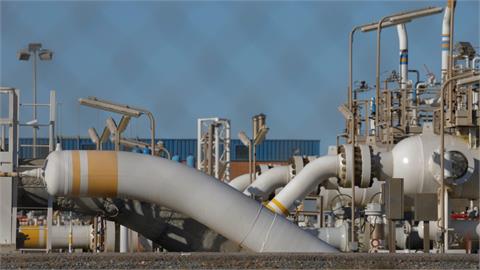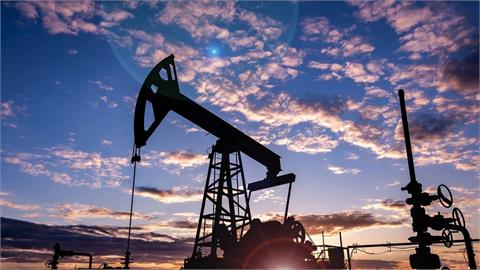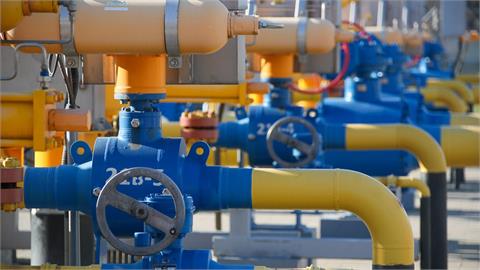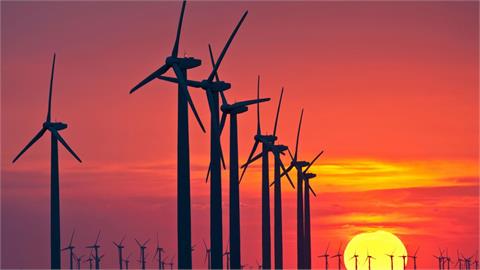The increasing number and extent of wildfires recently seen in the U.S. and Europe is raising concerns over the greater impact of global climate change and on what best to do to curtail this phenomenon. Wildfires in the U.S., collectively known as the Mendocino Complex Fire, began roaring last month and have been fueled by low humidity and high winds as they continued to consume more than 290,000 acres in 11 days as of Aug. 8
The increasing number and extent of wildfires recently seen in the U.S. and Europe is raising concerns over the greater impact of global climate change and on what best to do to curtail this phenomenon.
Wildfires in the U.S., collectively known as the Mendocino Complex Fire, began roaring last month and have been fueled by low humidity and high winds as they continued to consume more than 290,000 acres in 11 days as of Aug. 8.
Scott McLean, a deputy chief with Cal Fire, was quoted as saying by the Los Angeles Times that the twin blazes in northern California combined to form the "largest inferno in the state's history."
"We broke the record,” McLean said, cautioning, "That’s one of those records you don’t want to see.” Last month, the California governor Jerry Brown described the wildfires as "part of our ordinary experience".
"[The] predictions that I see, the more serious predictions of warming and fires to occur later in the century, 2040, or 2050, they’re now occurring in real time," Brown was quoted as saying by local media.
European countries like Portugal, Spain, Sweden and Greece have also suffered from wildfires. Most recently, the death toll from wildfires on the east and west coasts of Greece’s Attica region rose to at least 93. These wildfires injured 164 people, including at least 23 children, while more than 100 people are still missing.
A recent report released on July 28 by the World Weather Attribution said the summer of 2018 "has been remarkable in northern Europe."
"A very persistent high-pressure anomaly over Scandinavia caused high temperature anomalies and drought there from May to (at least) July. Southern Europe was unusually wet, with damaging thunderstorms in France in the first half of June," the report said.
The U.K.'s weather forecaster Met Office’s fourth annual State of the U.K. Climate report released on July 31 confirmed that 2017 was the fifth warmest year in a record dating back to 1910.
"Our climate is changing, globally and here in the U.K.," Mark McCarthy, manager of the Met Office National Climate Information Center, was quoted as saying in the report.
He warned that when looking at the longer-term perspective, 2017 was more than 1 degree Celsius warmer than the U.K.'s 1961-1990 baseline - ranking the fifth warmest year overall for the U.K.
"Climate change causes higher temperatures which can result in reduced soil moisture, and also longer dry and warm periods in the year," Kristiane Huber, a resilience fellow at the Center for Climate and Energy Solutions, told Anadolu Agency on Thursday, Aug. 9.
This can create dry conditions that turn vegetation into fuel for fires, she noted, adding, "The probability of the European heat wave is more than two times higher than without human-caused climate change, according to a preliminary study by World Weather Attribution." She noted that in the U.S., climate change is blamed for doubling the cumulative area of the U.S. affected by forest fires since 1984.
"In the U.S. there is medium confidence that there will be more forest fires, but in Alaska there could be a four-fold increase in forest fires, demonstrating the risk to arctic regions," she warned.
Huber said wildfires are influenced by a number of factors, some of which are human derived while others are a consequence of natural activity including "temperature, soil moisture, relative humidity, wind speed and vegetation, which all can increase the likelihood or intensity of a wildfire," she explained.
- Recommended action to contain wildfires
Huber underlined several strategies to reduce damage and lives lost in wildfires by locating communities, especially new construction, in areas that are less prone to fire risk. Requiring or incentivizing land care that reduces fire risk, such as keeping vegetation away from homes or planting more fire-resistant vegetation is another strategy to overcome wildfire damage, according to Huber.
"Using fire-resistant building design and materials in new construction or in retrofitting buildings, managing healthy forests to reduce fuel for fires, encouraging communities to be prepared for fires with evacuation plans, shelters, and other emergency considerations are all among the strategies to reduce these damages," she advised.
- Climate change affects wildfires
Tyler Roys, meteorologist at AccuWeather, also said that typically there are regions that always see wildfires each year such as California, parts of the Four Corners of the U.S., parts of Portugal, Spain, Italy, Greece, Ukraine, Turkey, Canada, Chile, Australia, India, China and even Russia.
"We believe climate change is affecting these wildfires, as the drier areas that typically see wildfires are getting drier while wetter areas are getting wetter. Another impact is that it is not getting as cold in winter, and therefore, tree killing bugs are not dying off and in turn are killing more trees which fuels wildfire as they rot," he said.
Roys said that another trigger is lightning. "Lightning strikes will cause fires if it is cloud to ground [lighting]."
Finally, Roys also said human activity also contributed to wildfires. He said that people are not putting fires out properly at night or are starting fires on very dry ground.
"We need to be cautious and avoid starting a camp fire on dry ground, especially one that has been dry for a long period of time," he recommended.
Last year, the U.S. withdrew from the Paris Climate Agreement, in which 195 countries adopted the first-ever universal, legally binding global climate deal. The agreement sets out a global action plan to put the world on track to avoid dangerous climate change by limiting global warming to well below 2 degrees Celsius.
Trump dubbed the deal "unfair" and argued "the agreement is less about the climate and more about other countries gaining a financial advantage over the U.S."
(Anadolu Agency)




